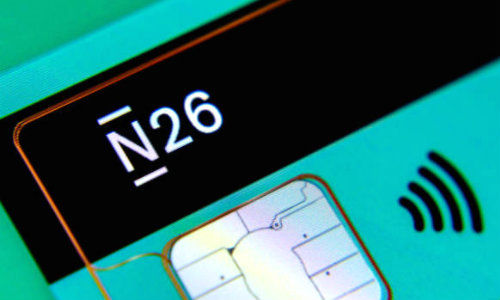He doesn’t really target the current accounts of the wage-earning citizen though – losing those to a German fintech would seriously count as an upset in the Swiss banking world. Hauer wants to attract people’s consumption – wages, insurance premiums, bills and other recurring payments are left to the traditional banks.
N26 is earning its money through payment transactions and additional services it charges for. The bank receives part of the interchange fee levied on each payment, which isn’t much of course, but plentiful if the volume is sufficiently big.
So far, the upstart isn’t generating a profit yet. It has 3.5 million customers.
New Kids With Grand Plans
N26 and British rival Revolut aren’t exactly holding back in the way they launch in Switzerland. The established players in any case are starting to react to the challenge. Credit Suisse recently announced it would launch its own digital direct banking service in 2020 – following on the heels of Swiss digital banks Neon and Zak.
Hauer says everything that makes users convinced about mobile banking is good for N26 – so rival services by Swiss companies aren’t making him nervous, or so it seems.
Not So Very Swiss
Time will tell whether smartphone banking is spreading so easily in Switzerland. Some elements of the development provide food for thought – the new providers for instance attempt to rival an industry with an established infrastructure without building new structures themselves.
Twenty of the 1,300 N26 bankers are Swiss citizens. Not one of them works in Switzerland. N26 doesn’t intend to open a branch in Switzerland either or to hire staff in the country. Or in Hauer’s words: «Our business model doesn’t foresee the opening of branches in every market.»
- << Back
- Page 2 of 2






























